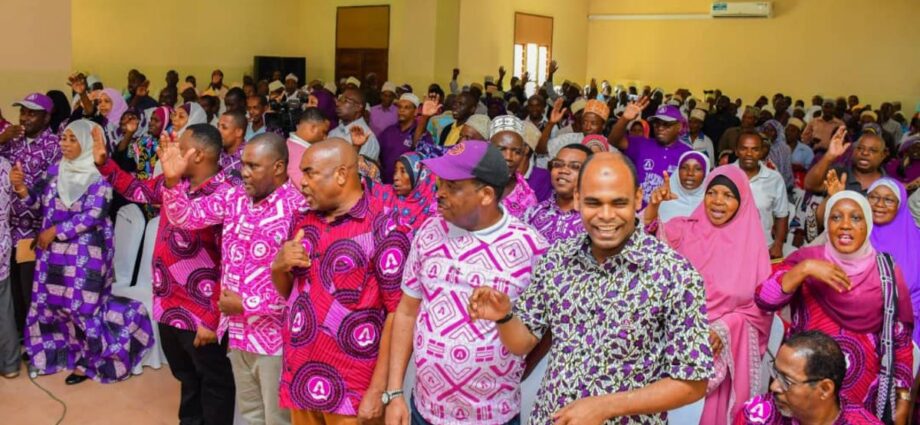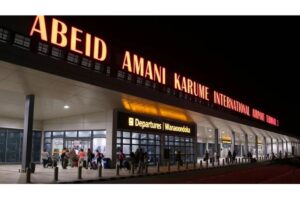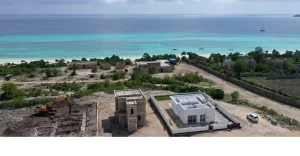Unguja. The Tanzanian opposition party, ACT Wazalendo, has issued a warning to its newly elected grassroots leaders about the infiltration of dirty money, which aims to undermine the party’s vision for an empowered Zanzibar.
Without explicitly naming the source of the external financial interference, both the party’s National Chairman, Mr Othman Masoud Othman, and the Vice Chairman (Zanzibar), Mr Ismail Jussa Ladhu, highlighted several attempts to use illicit funds to infiltrate ACT Wazalendo’s hierarchy.
Speaking to party grassroots leaders from Kaskazini A and B in Mkokotoni, Unguja, on Saturday, May 18, 2024, Mr Othman noted that the tactic is aimed at weakening the party, especially with the 2025 general election approaching.
He underscored the distinction between ACT Wazalendo and other parties, emphasising that their mission is driven by national interests rather than personal gain.
“They seek positions; now, if we allow these elements to come to us, we’ll have trouble, and we’ll have betrayed the elders who initiated these movements,” he said.
Mr Jussa stressed the need for a thorough enumeration of party members through a house-to-house census, emphasising the importance of identifying and supporting ACT members.
Mr Jussa urged regional leaders and branches to complete the census exercise in the next two months in their respective areas of jurisdiction.
“Let’s get to every household to know who is who, who belongs to ACT, and who belongs to other parties. Once ACT members are identified, other details, including possession of the Zanzibari ID card as well as whether they are registered as voters, should be collected. If they haven’t, find out where the problem lies,” he said.
He said the work being done by the party under the leadership of Mr Othman would no longer allow anyone to be denied their rights, noting that the party was preparing to liberate Zanzibar in the 2025 general election.
“The first test to overcome is greed. We are fighting to restore the country back into the hands of Zanzibaris, so some people may come and try to deceive you. It’s very important to watch out for this,” he said.
Furthermore, Mr Jussa warned them against factionalism.
“Furthermore, when election time arrives, the fight over parliamentary and representative seats causes people to lose perspective and forget their goal of fighting for a fully empowered Zanzibar,’ he said.”
“Greed and factionalism will persist, but it is crucial that we remain organised to ensure we complete our journey effectively,” he added.














